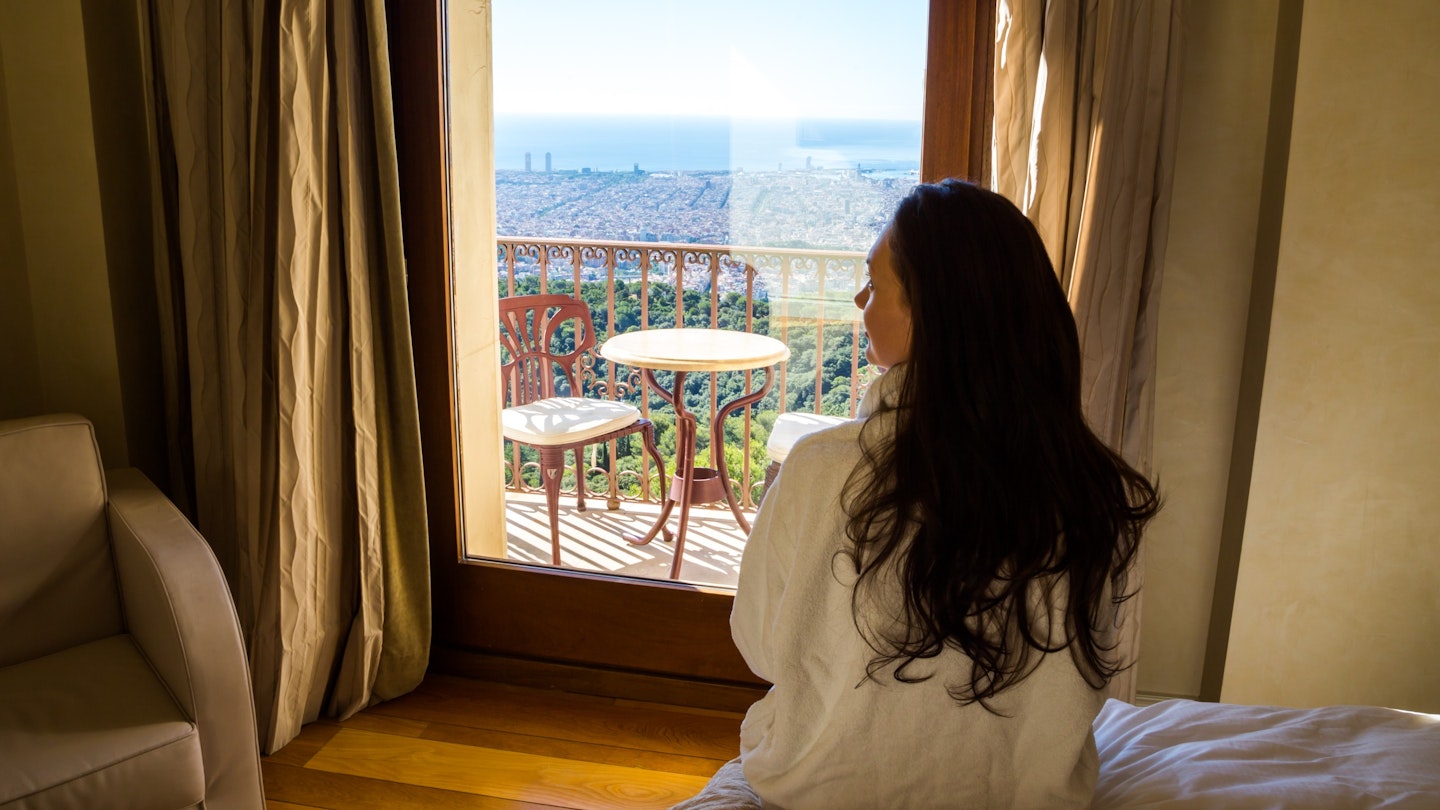The Evolving Landscape of Hotel Stays Post-COVID-19
As the world gradually opens up again in the wake of the COVID-19 pandemic, our hotel stays are set to be organized differently. Some beloved practices have to be shelved, such as buffet breakfasts, while new protocols will be introduced to ensure that travelers and staff feel safe and protected. Here are some key changes in hotel stays moving forward.
1. Cleanliness
Travelers have always prioritized hotel cleanliness, but they will be particularly hyper-conscious and vigilant about it going forward. Hotels will need to demonstrate enhanced health and safety protocols for cleaning guest rooms, meeting spaces, and common areas, including back-of-house regions. It is expected that auditing initiatives will be implemented to measure hotel compliance with cleanliness standards.
“Travelers are yearning for enhanced transparency around cleaning, hygiene, and sanitization measures at a property,” says Pepijn Rijvers, senior vice president of accommodation at Booking.com. “It will be key for accommodation providers to openly display this information to help set accurate expectations and bring travelers additional reassurance as they search for and experience the world once again.”
To help hotels meet these expectations, the American Hotel & Lodging Association has launched a program called Safe Stay, aimed at developing a series of best practices for the industry. According to its president and CEO, Chip Rogers, “While hotels have always employed demanding cleaning standards, this new initiative will ensure greater transparency and confidence throughout the entire hotel experience.”
Another protocol will require deep-cleaning of bedrooms and bathrooms after guests check out. The Hilton CleanStay program will implement a room seal to assure guests that their room has not been accessed since thorough cleaning, alongside disinfection of frequently touched areas like light switches and door handles.
2. Dining
Starting the day with a diverse breakfast buffet may soon be a nostalgic memory. Social distancing makes it impractical to maintain buffet setups, which involve close proximity and communal handling. Accordingly, individually plated meals, or “grab-and-go” options are likely to become the norm, as seen with offerings from Drury Hotels.
Traditional offerings, such as complimentary snacks or shared plates, will be eliminated to minimize contact and prevent cross-contamination. Unfortunately, this may also herald the end of in-room minibars and lobby afternoon snacks.
3. Technology
While warm welcomes from hotel staff will remain important, some hotels will introduce automated self-check-in procedures. Virtual check-ins and digital keys using smartphones will enhance convenience and safety. “Once registered, guests can check in, select rooms, and access them with their phones, entirely bypassing the front desk,” shares Phil Cordell from Hilton.
Furthermore, Viceroy Hotels & Resorts is integrating Amazon Alexa in guest rooms to facilitate technology control, which aligns with recommendations from the U.S. Travel Association for touchless solutions in hospitality.
4. Leisure
Using hotel amenities like gyms and pools will also undergo changes. Expect scheduled gym time slots to ensure safety and manage capacity, with guidelines suggesting three square meters per person for spacing exercise equipment. Enhanced cleaning protocols for frequently touched surfaces will be standard.
Guests can anticipate at least six feet of distance between lounge chairs at pools, while proper chlorination and government guidance will help ensure safe swimming conditions.
5. Check-in
Changes to check-in procedures may include social distancing markers, front desk partitions, and hand sanitizing stations. Some hotels might require temperature checks upon arrival using infrared thermometers.
6. Communication
Effective communication with guests will become essential for the hotel industry’s recovery. Increasingly, social media will serve as a crucial platform for brands to keep travelers updated about COVID-inspired changes and the new hotel experience.
7. Perks
In a bid to attract guests, hotels are extending their loyalty programs. For instance, Marriott Bonvoy is extending 2019 status to February 2022, while Accor is rewarding members with points towards future stays. Additionally, the Ace Hotel has launched a gift card program offering 20% off future stays.
In Singapore, Millennium Hotels and Resorts includes complementary care packages with games with its food and beverage takeaway service to encourage family interaction during downtime.
8. Minimalism
A move toward minimalism may dictate the future of hotel room decor. Items such as complimentary pens, magazines, and guest directories may be eliminated to reduce surfaces requiring disinfection. Hotels are already responding; for example, the Amari Watergate in Bangkok is removing decorative cushions and bed runners.
9. Staying Local
With ongoing travel restrictions, staycations will likely dominate travel plans this year. “More local travel, including to less crowded rural or coastal destinations, is a priority for travelers,” says Pepijn Rijvers from Booking.com. The trend indicates a significant shift towards exploring destinations closer to home, with many properties wished-listed within travelers’ own borders.
Consequently, as the hospitality industry adapts to these new realities, hotels that prioritize safety and innovate their offerings will be best positioned for success in the future.




